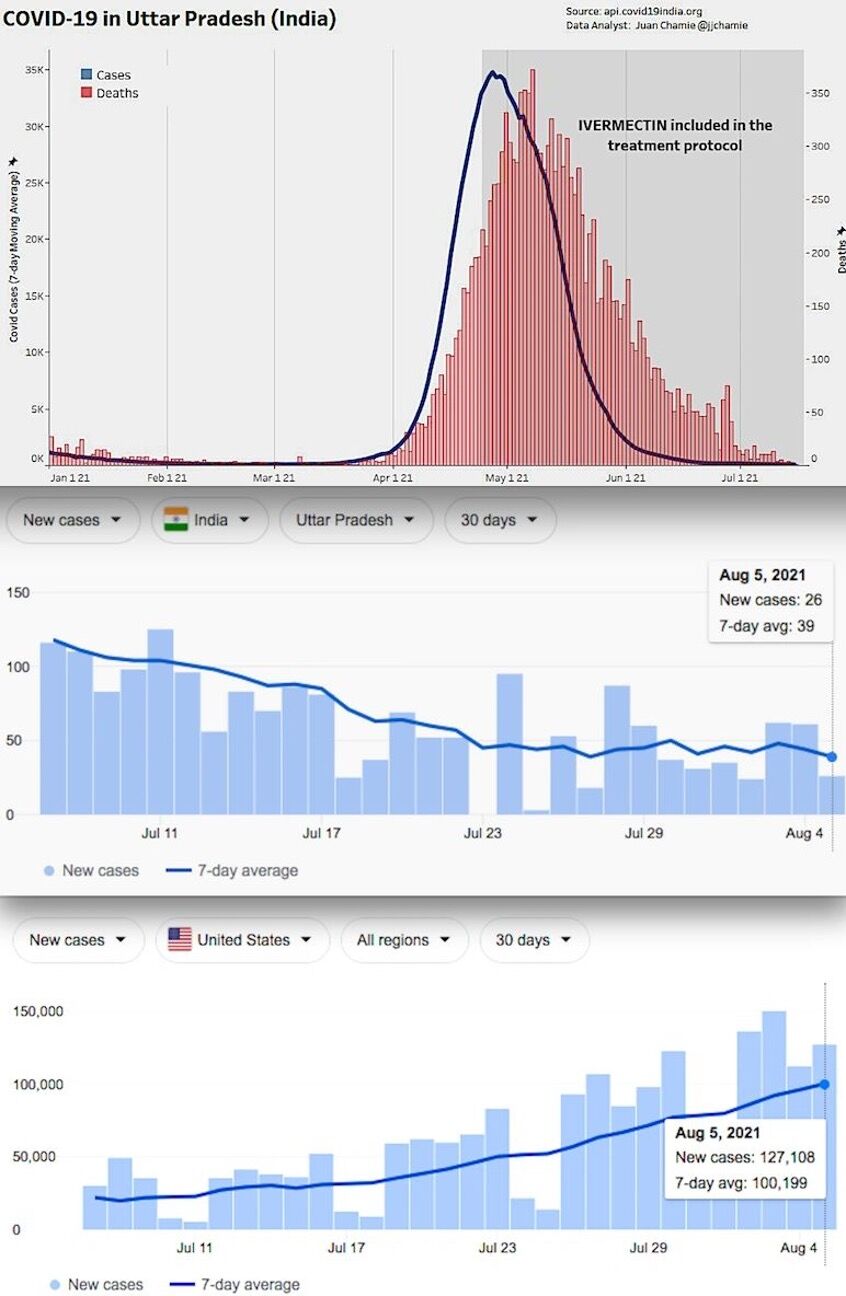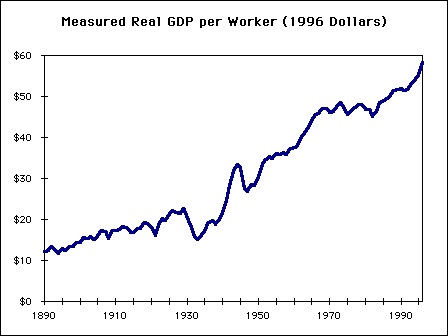|
This is an old article on the 2008 financial crash that I wrote for Swifteconomics, which is now sadly defunct, that I would like to repost here. Hope you enjoy: In 1759, Voltaire wrote his satirical, Magnum Opus, Candide, eponymously named after the main character, who after leading a sheltered life for many years, comes to the realization that all is not right in the world, and we must do our best to improve it. This is in direct contradiction to his mentor, Pangloss, whose mantra is “all is for the best in the best of all possible worlds.” In other words, we are already living in a utopia, it simply cannot get any better, which he humorously (albeit darkly) explains to someone who just lost his whole family after an earthquake. The idea that war has a good side effect reminds me of the Leibnizian optimism (everything happens for the best) that Voltaire so thoroughly refuted. Some things, such as war, may be necessary, but they are in no way good, and have no silver lining. War is horrible… but it’s good for the economy. I cannot, for the life of me, think of a more dangerous myth than that. This facade has become so prevalent in the national conscience that it’s simply taken for granted. The reasoning for this myth comes from an offshoot of Keynesian economics, in summary it says war stimulates aggregate demand and thereby gets the wheels of the economy turning again (or turning faster). The key piece of evidence used for this assertion is World War II, which is arrogantly claimed, over and over again, to have ended the Great Depression. As MSN Encarta so helpfully informs us, “the depression ended in the United States only when massive spending for World War II began.” Seriously though, why would anyone actually believe this without at least a little skepticism? Wars are enormously destructive and shift resources from human needs, to human destruction. The key problem with the theory itself, is that such stimulus, military or otherwise, relies on government spending. The government doesn’t have anything except what it takes, it can do little more than shuffle the deck. Government can tax the population, inflate the currency (another tax) or borrow the money (a deferred tax). Deficits are usually the prescribed course of action, but if you borrow from your own citizens then you’ve simply used up capital that could have been borrowed by private citizens and companies anyways. This is especially true for domestic borrowing, but is also the case with borrowing from abroad. Regardless, as the government borrows more, the reduced supply of available capital will raise interest rates for everyone else. Admittedly, this may provide short-term growth, if investor confidence is low, but such a prescription has long-term consequences, as the debt has to be repaid with interest. And as with the United States, we’re already up to our eyeballs in debt. Furthermore, these benefits are only accrued if that money is spent on projects of economic value. Wars do not provide any economic value. Keynesian economics can be discussed at further length another time; I’ll instead focus the rest of this article on the conspicuously lonely example proving the splendors of “military-Keynesianism.” So let’s get to World War II. First of all, it’s obvious that conquest can help an economy in some cases. When the Soviet Union colonized Eastern Europe after World War II, their population, and supply of capital, vastly grew, which is obviously good for an economy. However, that’s simply saying that theft makes one richer. Not really the most provocative insight there. But what we’re discussing here is does the act of war itself stimulate an economy? Let’s for a moment assume that the popular fable behind World War II is correct. War is what got the United States out of the Depression. Okay, who cares? There’s one example of war stimulating an economy…Check that, there’s one example inside of a larger example that illustrates the exact opposite. Everything else points toward war having dire economic consequence. After World War II, Britain was basically bankrupt and had to liquidate their empire. Same goes for France. Germany, Japan and Italy were burnt to the ground. China was a train wreck before and an even bigger train wreck afterward. World War II only “worked” for the United States. Furthermore look at the rest of the wars our species has, unfortunately, had to endure. The United States went into a severe recession in 1920, just after World War I. Germany’s currency hyperinflated while the Austrian, Ottoman and Russian Empires simply collapsed. In the American Civil War, the South was reduced to rubble and the North suffered runaway inflation. After the Revolutionary War, the American currency hyperinflated (thus the saying “not worth a Continental”). Rome’s collapse was mostly due to corruption at home and military over extension abroad. Napoleon was so strapped for money after the early stages of the Napoleonic War, he had to sell the Louisiana territories to the United States for pennies on the dollar. The Franco-Prussian War was almost immediately followed by a speculative housing bust, which created the panic of 1873 and a global depression. Spain was more or less left to the ash bin of history, after the Spanish Armada was destroyed (shouldn’t there have been an enormous economic stimulus to rebuild?). The combination of spending on the Vietnam War and the Great Society lead to the stagflation of the 1970’s. In addition, the United States suffered recessions immediately following the Korean War, Gulf War and Serbian War. The Soviet Union collapsed after a long war in Afghanistan. Honestly, have the many sub-Saharan wars in Africa stimulated their economies? Has this economic strategy worked for Middle Eastern countries bogged down in decades of conflict? And really, if war is so good for an economy, why is our own economy collapsing all around us, while we are engaged in outrageously expensive boondoggles in Iraq and Afghanistan? Now correlation does not equal causation; not all the previously mentioned wars were completely, or even mostly responsible, for the corresponding economic upheavals. Regardless, it’s worth noting that I have about a thousand data points to make a trend, and the standard “wisdom” has but one outlier. Well one outlier proves absolutely nothing, so the burden of proof lies not with me, but with the standard “wisdom.” I should be able to end this article victoriously right here, but I feel it’s important to note, that upon closer analysis, even this one outlier is nothing of the sort. Economic historian Robert Higgs’ work on this subject is simply unparalleled; if you are interested in a more detailed analysis of this issue, see his book Depression, War and Cold War or an overview here. Simply put, the case for World War II getting the United States out of the Depression, primarily lies with two statistics: 1) unemployment went from around 10% to almost nothing and 2) GDP skyrocketed upwards. We’ll start with unemployment, according to Robert Higgs: “What actually happened was no mystery. In 1940, before the mobilization [for war], the unemployment rate … was 9.5 percent. During the war, the government pulled the equivalent of 22 percent of the prewar labor force into the armed forces. Voilà – the unemployment rate dropped to a very low level.” (1) Yes, unemployment went down, but that’s because we shipped millions of young men overseas. We could have kept them in the United States and reduced unemployment by having them dig holes in the ground. Or we could have put them in prison, or just shot them. All these things would reduce the supply of labor, and thereby bring the number of jobs and workers back into equilibrium. This sort of strategy has consequences though. What really happened during the war was the way the Depression affected the American people changed. The main problem during the Depression was deflation; between 1929 and 1932 one third of the money in circulation disappeared. Yet the government, (both Hoover and Roosevelt) tried to prop up wages and prices. This, predictably, caused massive unemployment, since there wasn’t enough money available to pay people their previous wages. Back in the 1930’s there was a saying that “the Depression was not so bad if you had a job” which makes perfect sense, since wages were kept artificially high. (2) During the war, the situation reversed itself. Just about everyone had a job, but the standard of living was drastically reduced. Price controls, rationing and shortages became commonplace. Housing starts stopped. Entire lines of products, such as steel, were off limits to the public. Now, instead of the unemployed feeling a lot of pain, everyone felt some pain. As far as GDP goes, the statistics say the United States grew a total of almost 35% between 1941 and 1945. However, the United States had what could best be described as a command economy during the war. In other words, economic decisions for the whole country were made from the White House. The government set the prices for most goods (and rapidly inflated the money supply) so these GDP figures are all but useless. According to GDP statistics, if the government pays $100 for a hammer instead of $10, the economy gains $90. But that really doesn’t tell us anything about overall economic health. All it would tell us is the government wasted $90. As far as private production goes, things were not good at all. Turning again to Robert Higgs: “…from 1941 to 1943, real gross private domestic investment plunged by 64 percent; during the four years of the war, it never rose above 55 percent of its 1941 level [and] only in 1946 did it reach a new high.” (3) To further prove this point, we simply have to look at the end of the war, when the United States started to demobilize. The GDP decreased 20.6% in 1946 alone! This should be recorded as one of the worst years in economic history. However, 1946 saw extraordinary gains in the private sector that have never been repeated since. (4) So what ended the depression? Well, the fact that the United States was, more or less, the only country left standing after the war may have helped by putting our exports in high demand. However, this has nothing to do with war itself and trying to repeat this strategy to fix our current crisis seems to me just a bit, well a bit unethical. According to Robert Higgs, the actual key was the end to what he called “regime uncertainty.” In the later parts of the New Deal, the Roosevelt administration’s behavior had become unpredictable and many businesspeople were scared to invest. This was amplified during World War II, when much of the economy was simply taken over by the government. However, after the war ended, there was, to borrow a phrase from Warren Harding, a return to normalcy. The uncertainty was more or less over and people could, once again, pursue their personal interests in relative peace. This was what likely got the gears of the economy moving again and finally ended the Great Depression.
But again, even if professor Higgs and laymen, like myself, are wrong, we are only wrong about one example within an example. The rest of the trend points safely in our direction. It’s also important to note that the burdens of war go on for many years after a war has ended. Completely ignoring the tragic human cost, the overall economy suffers as many soldiers are left wounded and can no longer work or work as productively as they could, before their service. A significant amount of money has to be spent to take care of injured soldiers as well. The Department of Veterans Affairs requested $93.7 billion dollars for 2009. These costs continue year after year. Even today, we see the heart-wrenching scene of disabled Vietnam veterans begging for money on street corners. Decades from now, we may, unfortunately, see the same from veterans of the war in Iraq, who could have lead quite productive lives, if they hadn’t been scarred by war. Even the simple act of diverting resources away from the productive sector of the economy, into the military is costly. While being a soldier is a very honorable profession, it doesn’t produce much of economic worth. When the military becomes bogged down in a war, we transfer many resources from the production of consumer goods, to a war that is usually thousands of miles from our shores. And this doesn’t only happen in wartime, as the United States currently has about 700 military bases in 130 countries; all of which cost money without providing any sort of economic stimulus. So war may improve artificially inflated GDP figures, temporarily reduce unemployment and even provide a short-term economic boost, it does not, however, stimulate the economy in any meaningful long-term sense. Quite to the contrary, Voltaire was right, Pangloss was wrong, and war often leads to economic disaster. In addition, the negative effects of wars, both economic and social, linger for years. Perhaps they linger just until we forget about them, so we can then repeat the same mistakes all over again. After all, the only thing we seem to learn from history, is that we don’t learn from history. _____________________________________________________________________________________________________ (1) Quoted in Anthony Gregory, "The Myth of War Prosperity," LewRockwell.com, April 3, 2007, Future of Freedom Foundation, Copyright 2007, http://www.lewrockwell.com/gregory/gregory132.html (2) See Amity Shlaes, The Forgotten Man, Pg. 9, HarperCollins Publishers, Copyright 2007 (3) Quoted in Anthony Gregory, "The Myth of War Prosperity," LewRockwell.com, April 3, 2007, Future of Freedom Foundation, Copyright 2007, http://www.lewrockwell.com/gregory/gregory132.html (4) Ibid
Comments
|
Andrew Syrios"Every day is a new life to the wise man." Archives
November 2022
Blog Roll
The Real Estate Brothers The Good Stewards Bigger Pockets REI Club Meet Kevin Tim Ferris Joe Rogan Adam Carolla MAREI 1500 Days Worcester Investments Just Ask Ben Why Entrepreneur Inc. KC Source Link The Righteous Mind Star Slate Codex Mises Institute Tom Woods Michael Tracey Consulting by RPM The Scott Horton Show Swift Economics The Critical Drinker Red Letter Media Categories |


 RSS Feed
RSS Feed


